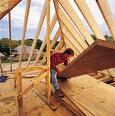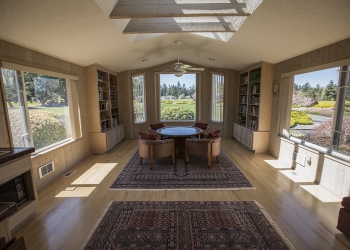 You’re going to hire a home builder to build your next home. Should you hire a small builder or a large builder? There’s much more to this question than meets the eye, and this short article addresses assumptions that good people often make. By the way, for purposes of Sequim and Port Angeles, I’m considering a small builder as most people do, a contractor who builds one to six or seven (plus or minus) houses per year. There are a number of contractors who build one to four houses each year.
You’re going to hire a home builder to build your next home. Should you hire a small builder or a large builder? There’s much more to this question than meets the eye, and this short article addresses assumptions that good people often make. By the way, for purposes of Sequim and Port Angeles, I’m considering a small builder as most people do, a contractor who builds one to six or seven (plus or minus) houses per year. There are a number of contractors who build one to four houses each year.
Can a small builder provide greater personal service or quality? Not necessarily. The reality is that many small builders:
- do not have the skills offered by specialized subcontractors hired by a larger builder;
- do not have a good bookkeeping system and good financial management;
- do not have the financial strength or security of a larger builder;
- do not have good project management;
- do not get the substantial quantity discounts of larger builders on materials; and
- do not have well oiled systems in place to handle construction from beginning to end.
Having practiced real estate law for 20 years, I repeatedly saw these issues come up with small builders. These are real issues that are true more often than not. Consider each of these important issues, and you can imagine how much they can impact the quality of your home, the cost per square foot and the timeline.
Last Updated on July 8, 2008 by Chuck Marunde




























Great stuff here!
Prefabracted steel, modular, prefab homes and buildings will offer solutions to the world’s building and housing shortage for the deprived, under-privileged and low income populations in society by providing a total system for basic, low-cost, quality built housing. The modular housing constructed with sandwich panels is the lowest in cost, most rapidly erected, simplest in design, and most structurally sound basic housing in existence today. Plus, you can ship 21 houses in a 40 foot container.